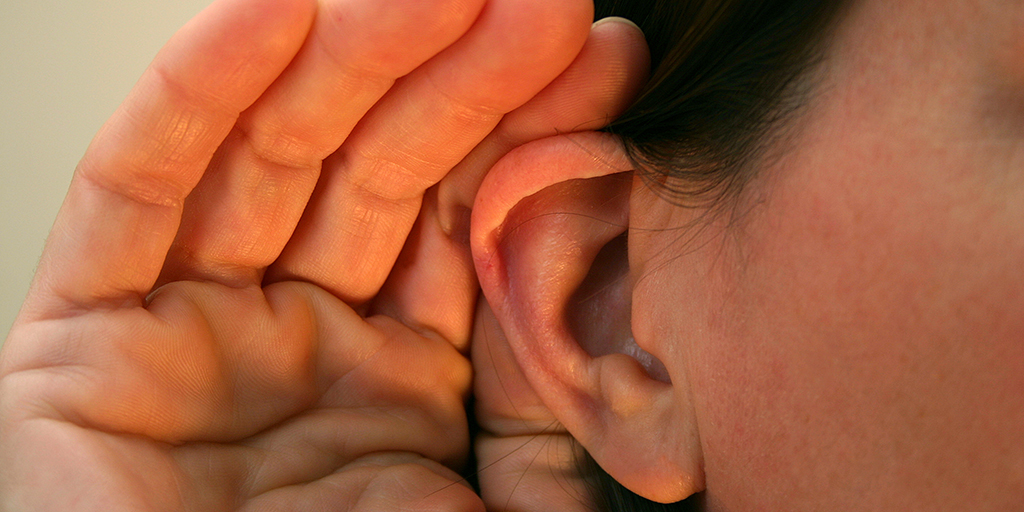Turn Off the Noise: Hearing Loss Impacts Young, Old

Find Your Perfect Match
Answer a few questions and we'll provide you with a list of primary care providers that best fit your needs.
Hearing loss doesn’t wait for old age. The Centers for Disease Control (CDC) reports that nearly 20 percent of people in their 20s have some hearing loss, and an estimated 40 million Americans under age 70 have hearing damage — often not related to job noise. NBC News recently cited these and other startling statistics about hearing loss.
Ear, nose and throat specialist Stewart Adam III, MD, Upper Valley ENT Associates, Troy, Ohio, shared with Premier Health Now how to interpret these stats.
“Broad, sweeping numbers can sometimes be misleading,” Dr. Adam says. He treats plenty of young people for hearing loss due to ear wax or chronic ear infections. Genetic factors, aging and noise also affect hearing.
Noise-induced hearing loss is notable because it’s preventable and irreversible.
Dr. Adam says the louder it is and the longer it lasts, the greater the permanent damage. If you have to shout to be heard, the noise level is damaging your ears.
Concert-goers may notice ringing in their ears that goes away after a day. “That’s a temporary threshold shift,” Dr. Adam says. “But if you have this exposure frequently, you can progress from temporary damage to more permanent damage.”
Dr. Adam offers tips to prevent noise damage:
- Turn down the volume. “Use personal listening devices responsibly,” he says. Choose devices that limit volume or allow you to set controls to stay under 85 decibels. Turn down the television, radio or music. Take breaks from listening.
- Use hearing protection. For activities such as concerts, shooting guns, motorcycle riding, mowing the lawn or attending sporting events, use earplugs or earmuffs to reduce noise levels. Check the product for noise-reduction ratings.
- Seek help for hearing loss symptoms. Difficulty hearing conversations when there’s background noise or ringing in your ears (tinnitus) are reasons to see an ENT doctor, who can treat problems and offer options for permanent nerve damage.
Find Your Perfect Match
Answer a few questions and we'll provide you with a list of primary care providers that best fit your needs.
Source: Stewart Adam III, MD, Upper Valley ENT Associates; NBC News





